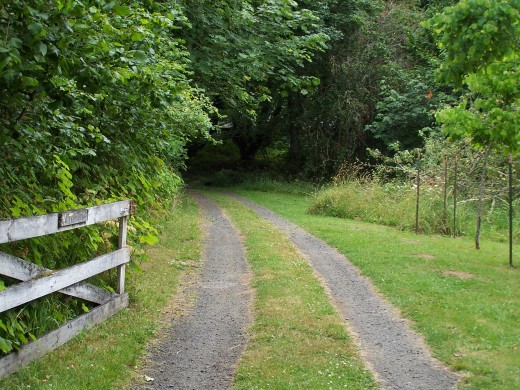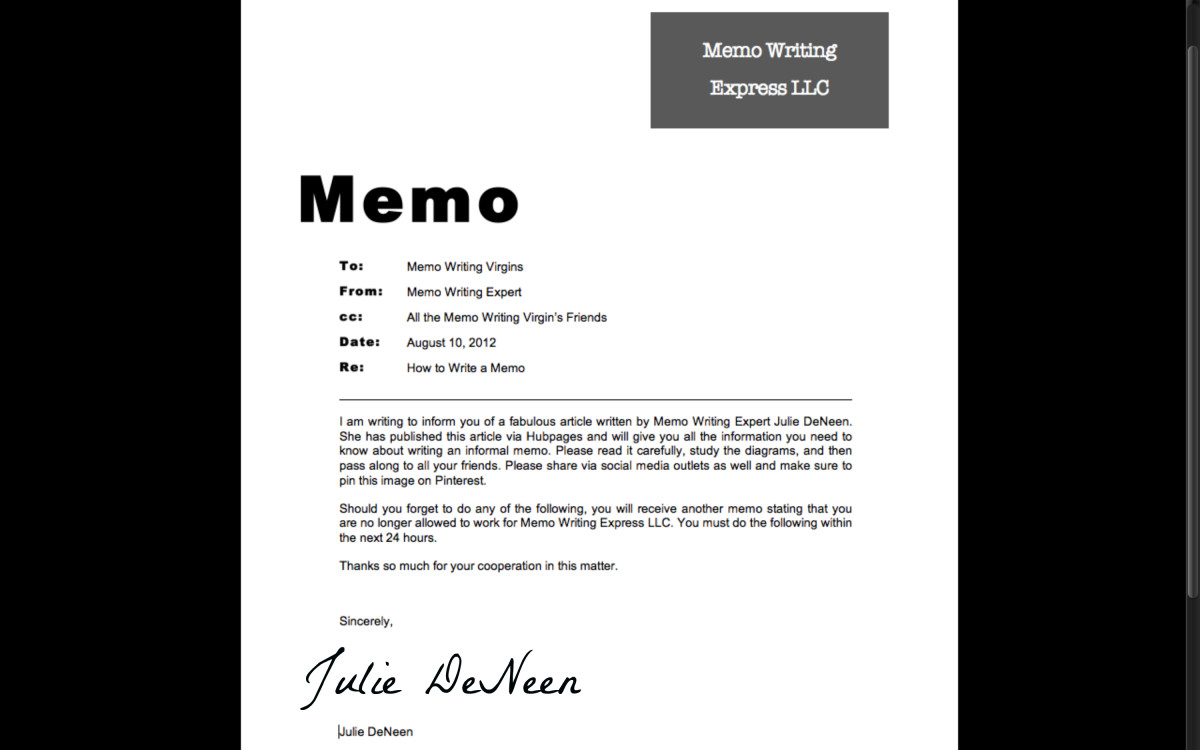The Writer's Mailbag: Installment One-Hundred and Twenty-Eight
Happy Holidays
I never know what to say about holidays anymore. I’ll just stick with Happy Holidays and if that offends someone then I’m sorry. It was not intentional.
We had our first meaningful snow yesterday, but as is the norm in Olympia, it’s already raining and about half of it has already melted. If you dream of living in a mild climate, Olympia is the place for you. We rarely do extremes here in the Pacific Northwest.
But you aren’t here for a weather report, so let’s get on to this week’s mail.

Taking Time Off
From Ann: “A question: When Christmas arrives, do you take at least 2 days off to rest and have fun with your family? In a wider context, do you think it's a good idea to take regular time off - 'thinking' days and expeditions to see what inspiration you can find? I've realised that I'm starting to feel guilty about not writing so much, even though I know I'm going to get back to it, so I'm trying to compensate by storing up ideas as I do other work, observe my daily surroundings and travel my regular roads. What's your slant on that?”
Ann, I’m laughing when I read this. I’m forced to take breaks from writing over the Christmas holidays. There’s just too much family stuff happening and if I don’t want to offend people then I have to stop and be a part of the festivities.
Only part of that is in jest. LOL Yes, I do think it is important that we writers live life as well as write. I do grudgingly admit that I am always fresher and more creative after taking a couple days off….read that “chomping at the bit” to return to the computer.
TWO FROM MARY
From Mary: “I have a question for you. Returning to Patterson's books and his co-authors. If you were asked to do a book with him would you? I know that you have been a ghost writer but putting your name on the cover alongside someone who takes more credit, would you feel comfortable with that?
“Secondly, do you know if those who co-author with a famous person are then pigeonholed to only play as a second fiddler or do they go on to greater things as a result of their association?”
Mary is referring, by the way, to one of my pet peeves, namely that several famous writers, like James Patterson, no longer actually write their novels. They “co-author” the novel, but in reality all Patterson does is outline the novel and then give guidance while his co-author actually writes it.
I know this might sound altruistic and snobbish of me but no, I would not do it even if offered. I think it is a rotten practice on the part of Patterson and others. I think it is misleading to buyers who think Patterson actually “wrote” part of the book, and I think it is a shameful retail gimmick. Now I’m sure some will disagree with that, and I’m fine with that, but no one is going to change my opinion on that practice.
And yes, Mary, some of those co-authors have gone on to write their own books and do reasonably well. I couldn’t find any who went on to the same level of fame as Patterson, but I’m sure they aren’t complaining about the sales they did gather from that co-authorship.
Still, I wouldn’t do it. Now Mary, if you should ever want to co-author something, I would be proud to have my name on the cover alongside yours.

More on Stop Words
From Someone (I forgot to write down the name when I copied the question lol): “I've been confused by stop words, lately. I appreciate Angela's question and your answer. :) To add to it, don't you think that trying to come up with a title and avoiding stop words can be difficult when making sure your title is unique? Perhaps, it makes it more of a challenge and I'm seeing stop words as a crutch.”
Someone (I’m so sorry I didn’t write your name down), I actually do see “avoiding stop words” as challenging, but I also see it as good practice in learning to write succinct titles without the unnecessary fluff. Now pay attention, all of you, to this next point, one I’ve made before: Not all stop words are harmful all of the time. There may be no difference in Google between using the stop word “the” and not using it in a particular search. The best way to know is simply to do the search. “The Top Ten Songs to Cry By” and “Top Ten Songs to Cry By” may produce the same Google results, in which case using the stop word “the” makes no difference. You just have to try it both ways and find out for yourself what Google prefers.
Got it?
ASKING IS THE FIRST STEP
From Lawrence: “A question for you, it kind of relates to what 'bravewarrior' says. My wife has suggested a few times I offer to write stuff for the company I work for. A couple of my colleagues have read the articles I did relating to buses and really enjoyed them (they told me, I didn't ask!) I've thought about it a couple of times, but what do you think?”
My first reaction, Lawrence, is why not? Especially if you can get a byline out of it, to me that’s a no-lose situation. Even if you can’t get a byline out of it, it’s seems like a good career move to me…as long as they like what you write, of course. LOL Lawrence, I just can’t see the downside of doing that. Maybe someone else can tell us something I might be missing but for me, I say go for it!

More on Endings
From Brian: “When the ending of a novel in progress is elusive, I wonder if it would be helpful to brainstorm using a Tony Buzan mind map, starting at the center with the words What If? Would it help a fiction writer get even better at the basics to get into storytelling? I once attended a storytelling festival and was fascinated and impressed. And might storytelling be a way to make money, both from live performances and from podcasts sold to commuters and health club exercisers? Add sound effects and music to bring back radio drama as podcast drama.”
Brian, I’m all for anything that helps in the creative process, so if brainstorming using the Tony Buzan method helps, then I think it definitely should be used.
As for podcasts, I think it’s a great idea, one I’ve thought about for over a year. I think you would be targeting a reasonably small market, but that market would still be lucrative. I do think there is a place for what you are describing. I also think it would require a lot more time and effort than I’m able to give.
How about you, Brian? I’ll bet you’ve got some stories in you.
AGENTS
From Peg: “I have a question for you. What are your thoughts on seeking a literary agent for first time publishing? Do you have any experiences that you would share on this? A friend has written a book (first time author) and he believes that is the best way to go. I went for self publishing but, as you said, it's a long and lonely road.”
My thoughts, Peg, and I don’t mean this to sound flippant, are GOOD LUCK!
Ten years ago I would have said “Go for it” to an unknown author and his/her first book. Contact those agents and hope for the best, because ten years ago we lived in a different literary world. Today, however, eBooks have taken about a quarter of the book trade, and that means agents, and publishers, are more inclined to spend their time, money, and efforts on established authors. I’m not saying an unknown author has no chance of getting an agent. I’m simply saying it is much harder to do so today.
The second point to make on this matter is this: even if your friend gets an agent, the way things work in today’s world, your friend is still going to be doing the lion’s share of the promotion and marketing. That’s just the real of it.
Having said all that really, what does your friend have to lose by trying? It costs nothing to send an email/query letter to an agent and who knows, lightning may strike!
Thanks for a Great Week
I had fun and I hope you did as well. A moment of shameful self-marketing: my new novel “Shadows Over A Hangman’s Noose” is now available on Amazon and Kindle. I hope you enjoy it!
See you next week!
2016 William D. Holland (aka billybuc)
“Helping writers to spread their wings and fly.”











